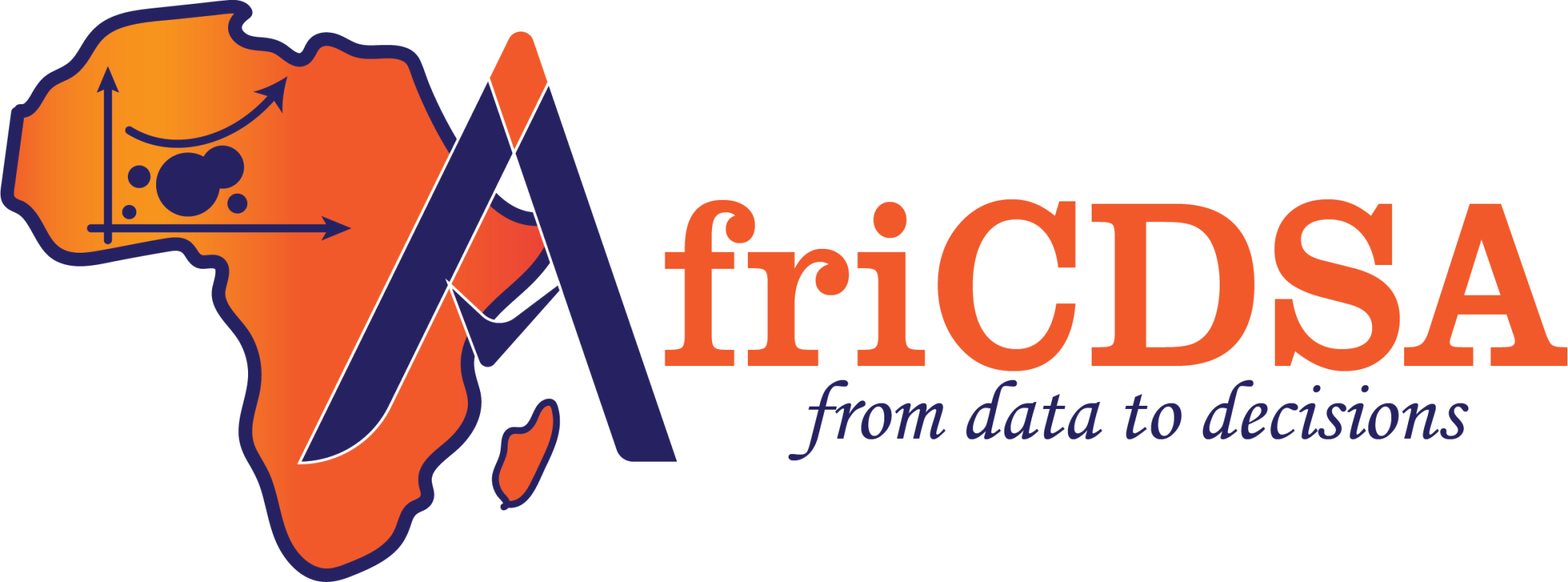Introduction
In the rapidly evolving landscape of data science, professionals often face a pivotal career question: Should I specialize in a specific domain or remain a generalist? As the industry expands and matures, this dilemma becomes increasingly significant. This comprehensive guide delves into the advantages and challenges of domain specialization for data scientists, helping you make an informed decision about your career path.
The Generalist Data Scientist: Jack of All Trades
A generalist data scientist possesses a broad skill set applicable across various industries. They are adept at handling diverse data types, tools, and methodologies, making them versatile assets in any team.
Advantages of Being a Generalist
- Versatility Across Industries: Ability to transition between sectors like finance, healthcare, retail, and technology with relative ease.
- Broad Skill Set: Exposure to a wide array of tools and techniques enhances problem-solving abilities.
- Adaptability: Quick to learn and adjust to new environments, making them valuable in dynamic settings.
Challenges Faced by Generalists
- Shallow Domain Knowledge: May lack deep understanding of industry-specific nuances, leading to less impactful insights.
- Increased Competition: With many generalists in the market, standing out becomes challenging.
- Limited Strategic Influence: Might have less impact on high-level decision-making due to limited domain expertise.
The Specialist Data Scientist: Master of One
A specialist focuses on a particular domain, developing deep expertise in industry-specific data, regulations, and business models.
Benefits of Specializing
- Deep Domain Knowledge: Enables more meaningful insights and tailored solutions to specific industry challenges.
- Competitive Edge: Niche expertise makes you a highly sought-after professional in your field.
- Strategic Influence: Greater ability to contribute to business strategies and influence decision-making processes.
Potential Drawbacks
- Reduced Flexibility: Transitioning to a different industry may require significant effort and additional learning.
- Risk of Obsolescence: Specializing in a niche area can be risky if the industry faces downturns or technological disruptions.
- Longer Learning Curve: Developing deep expertise requires time and commitment.
The Importance of Deep Domain Knowledge
Understanding the business context is crucial for data scientists aiming to deliver actionable insights. For example, working in the insurance industry demands familiarity with concepts like underwriting, risk assessment, and claims processing. Without this knowledge, data analyses might overlook critical factors influencing business outcomes.
Case Study: Transitioning to the Insurance Sector
A data scientist moving from retail to insurance might initially struggle with industry-specific terminology and processes. Terms like “actuarial tables,” “premium calculations,” and “policy lapse rates” become part of daily discussions. Gaining proficiency in these areas enhances the ability to interpret data accurately and propose relevant solutions.
AI and Domain Knowledge: A Symbiotic Relationship
Artificial Intelligence is reshaping the data science landscape, automating routine tasks and changing the skill sets required. However, the synergy between AI and domain knowledge creates opportunities that neither can achieve alone.
Human Expertise vs. AI Automation
- Contextual Understanding: Humans can interpret data within the broader context of market trends, regulations, and human behavior.
- Creative Problem-Solving: Specialists devise innovative solutions that AI might not generate due to its reliance on existing data patterns.
- Ethical Considerations: Human judgment is essential in addressing ethical dilemmas that AI may overlook.
Leveraging AI with Domain Expertise
Data scientists with deep domain knowledge can harness AI tools to:
- Develop Advanced Models: Tailor algorithms to address specific industry challenges.
- Improve Decision-Making: Provide stakeholders with actionable recommendations grounded in both data and domain expertise.
- Drive Innovation: Identify opportunities for new products or services based on data-driven insights.
Career Advice for Aspiring Data Scientists
For those starting their careers, focusing on building a strong foundation in data science fundamentals is essential. However, considering domain specialization can set you apart from your peers.
Steps to Develop Domain Expertise
- Choose an Industry of Interest: Select a field that aligns with your passions and career goals.
- Gain Practical Experience: Seek internships or projects within your chosen industry.
- Continuous Learning: Stay updated with industry trends, regulations, and emerging technologies.
- Network with Professionals: Engage with industry experts through events, forums, and professional associations.
- Pursue Relevant Certifications: Obtain certifications that validate your expertise in specific domains.
Advantages for Experienced Professionals
As you advance in your career, domain specialization becomes increasingly valuable. It can lead to:
- Leadership Opportunities: Positions like Lead Data Scientist or Data Science Manager often require domain expertise.
- Higher Compensation: Specialists may command higher salaries due to their unique skill set.
- Consulting Roles: Ability to provide expert advice to organizations seeking specialized knowledge.
Conclusion
The decision to specialize or remain a generalist depends on your career objectives, interests, and the demands of the job market. While being a generalist offers flexibility, specializing can significantly enhance your value to employers and open doors to advanced career opportunities. In an era where data is a critical asset, coupling technical proficiency with deep domain knowledge positions you at the forefront of the data science field. Whether you choose to specialize or not, continuous learning and adaptability remain key to a successful data science career.
Are you considering specializing in a particular domain? Share your thoughts and experiences in the comments below. If you found this article helpful, don’t forget to subscribe to our newsletter for more insights into the world of data science.


